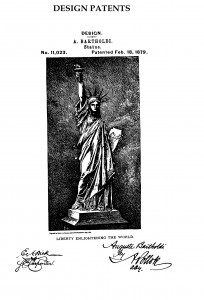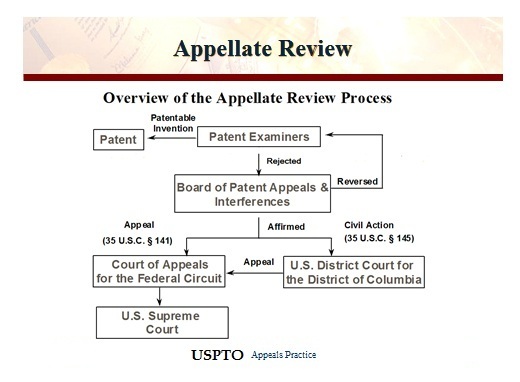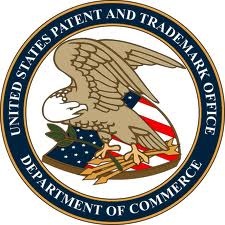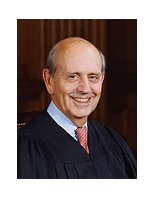Press Release, 12-40
U.S. Commerce Department to Open Four Regional U.S. Patent Offices
For the First Time, USPTO Will Expand Operations Outside Washington, DC, to:
Detroit!
Dallas!
Denver!
AND
Silicon Valley!
WASHINGTON – Acting U.S. Commerce Secretary Rebecca Blank and Under Secretary of Commerce for Intellectual Property and Director of the U.S. Patent and Trademark Office (USPTO) David Kappos today announced plans to open regional USPTO offices in or around Dallas, Texas, Denver, Colorado, and Silicon Valley, California. These offices are in addition to the already-announced first USPTO satellite office to open on July 13 in Detroit, Michigan. The four offices will function as hubs of innovation and creativity, helping protect and foster American innovation in the global marketplace, helping businesses cut through red tape, and creating new economic opportunities in each of the local communities. Next week, Acting Secretary Blank and Under Secretary Kappos will travel to each of the newly selected cities to meet with local businesses, entrepreneurs and public officials to discuss the new office openings.
“Intellectual property protection and innovation are engines of economic growth and the bedrock of America’s private sector,” said Acting U.S. Commerce Secretary Rebecca Blank. “The Obama administration is committed to making certain our businesses and entrepreneurs have the resources they need to grow, create jobs and compete globally. These new offices are an historic step toward further advancing our world’s best IP system, and reinforcing the United States as the number one destination for innovation capital, and research and development around the world.”
The offices announced today will help the USPTO attract talented IP experts throughout the country who will work closely with entrepreneurs to process patent applications, reduce the backlog of unexamined patents, and speed up the overall process, allowing businesses to move their innovation to market more quickly, and giving them more room to create new jobs.
“By expanding our operation outside of the Washington metropolitan area for the first time in our agency’s 200-plus year history, we are taking unprecedented steps to recruit a diverse range of talented technical experts, creating new opportunities across the American workforce,” said David Kappos, Director of the USPTO. “These efforts, in conjunction with our ongoing implementation of the America Invents Act, are improving the effectiveness of our IP system, and breathing new life into the innovation ecosystem.”
Patents are a significant factor in private sector job creation. In fact, the U.S. Commerce Department issued a recent report finding that IP-intensive industries are the source – directly or indirectly – of 40 million jobs, contributing $5.06 trillion to the U.S. economy in 2010.
Selection of the four sites was based upon a comprehensive analysis of criteria including geographical diversity, regional economic impact, ability to recruit and retain employees, and the ability to engage the intellectual property community. The Leahy-Smith America Invents Act of 2011 (AIA), signed into law by President Obama in September, requires the USPTO to establish regional satellite locations as part of a larger effort to modernize the U.S. patent system over the next three years.
The USPTO is working to develop concept of operations for the three newly-announced locations based on the Elijah J. McCoy Detroit Office and will develop best practices based on this model over the coming months and years. The Detroit office will employ approximately 120 individuals in its first year of operations. The USPTO also seeks to identify and maximize the unique regional strengths of all four offices to further reduce the backlog of patent applications and appeals.
The USPTO team plans to begin site procurement activity and establish a timeline for the three newly-announced locations in the coming months.
For additional background on the selection criteria and methodology, please click here.
For non-press inquiries pertaining to the satellite site selection, please contact Azam Khan, USPTO deputy chief of staff at azam.khan@uspto.gov.





 USPTO Expands Patent Law School Clinic Certification Pilot
USPTO Expands Patent Law School Clinic Certification Pilot 